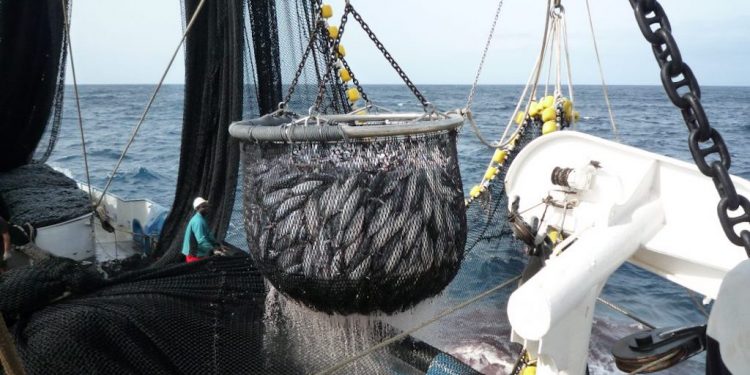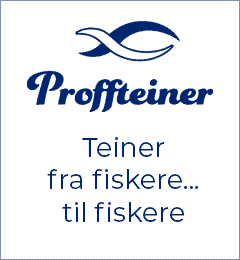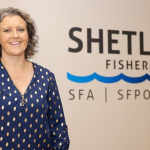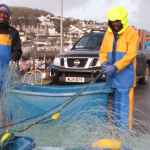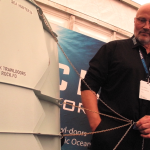Spanish tuna operators within OPAGAC are making a €7 million investment over the coming couple of years to ensure that the group’s entire 380,000 tonne annual catch will be MSC certified. With fishing activity in the Pacific, Atlantic and Indian oceans, the OPAGAC vessels currently account for around 8% of the world tuna catch.
This latest move and investment follows the more than €17 million that OPAGAC put into certification of six out of twelve tropical tuna stocks between 2018 and 2022, and this is alongside the group’s longstanding efforts to guarantee social sustainability in terms of ensuring decent working conditions, safety and well-being of crews.
An OPAGAC representative stated that the Spanish fleet welcomes the opportunities a proposal for a Directive on Due Diligence woulod provide for standardisation of criteria.
Currently in process, this will require European companies and those operating in the Community market to demonstrate that their supply is socially and environmentally sustainable, throughout the entire value chain.
The OPAGAC standpoint advocates establishing an ambitious control and sanction regime that contributes to guaranteeing that European citizens do not consume fish from of fleets that violate human rights.
The ILO estimates that 128,000 people are in a situation of modern slavery on board fishing vessels, and there are numerous documented cases, especially in the case of fleets from Southeast Asia. According to the latest data available, European tuna imports from fleets in this region, which are tariff-free, have gone from 5% in 2012 to more than 50% today.
With the aim of enabling informed and responsible purchasing decisions, OPAGAC is calling for harmonisation of food labelling, and an end to lax regulations on canned tuna – making it mandatory obliges to state the species, origin and catch method.
To achieve the MSC certification for the remaining 50% of its catches, OPAGAC has two Fishery Improvement Projects (FIPs) underway for skipjack and bigeye from the Eastern Pacific and Indian Ocean bigeye and yellowfin with he certification process scheduled for the end of 2026 and 2027. A FIP for Atlantic skipjack and bigeye starts this year.

